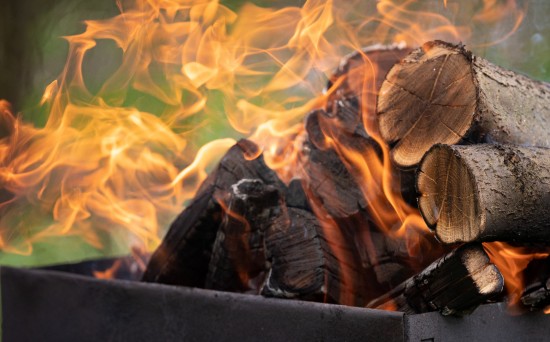Will burning wood do more harm than good?

In accordance with the amendment to the Polish act on renewable energy sources adopted on July 16, as early as October 1 this year, it will be allowed to burn degraded wood, i.e. from cuts, e.g. as a result of their drying out due to drought, diseases, pests or weather phenomena, etc..During a press conference organized by Greenpeace, scientists addressed the new law, relating to the combustion of newly introduced definition of energy wood. According to prof. Tomasz Wesołowski, head of the Laboratory of Forest Biology at the University of Wrocław, wood combustion in power plants is associated with greater CO2 emissions than when burning only hard coal.In turn, prof. Bogdan Jaroszewicz, head of the Białowieża’s Geo-botanical Station of the University of Warsaw, looked at the problem from a different perspective, namely, he noted that wood - even the dying one, should stay in the forest, because during decomposition it gradually releases CO2 into the atmosphere, which is a natural biological process, then some of the carbon is absorbed by other living organisms, such as fungi, which build into their organisms carbon from wood, which is a place of life for various species of animals and insects, retains water or contributes to the proper circulation of elements in nature - all this allows carbon to remain in the ecosystem for a long time.However, by burning the wood in the furnace, all the coal is released into the atmosphere. In addition, the Director of the Mammal Research Institute of the Polish Academy of Sciences in Białowieża, dr hab. Rafał Kowalczyk, is afraid that the new regulations will lead to massive tree cutting, "this is not the direction we should go: that we are burning Polish forests in our power plants" - he concluded.Scientists, therefore, fear that the new law may do more harm than good. According to a large group of specialists, burning wood does not contribute to the production of green energy, but is only an illusory promotion of this form of energy production as ecological.
